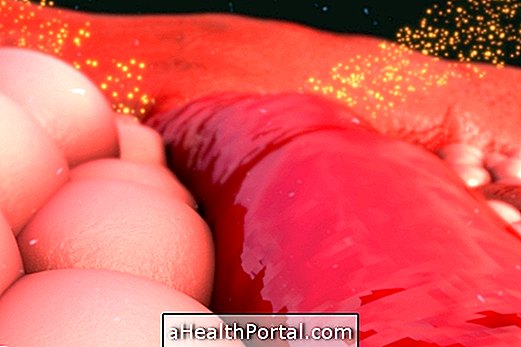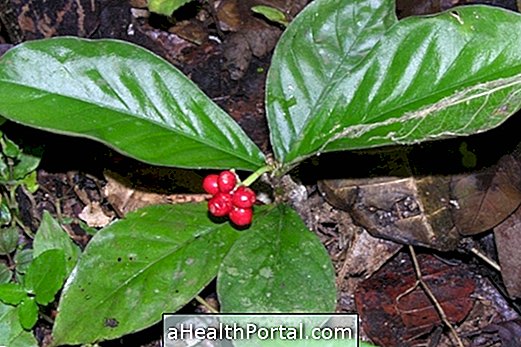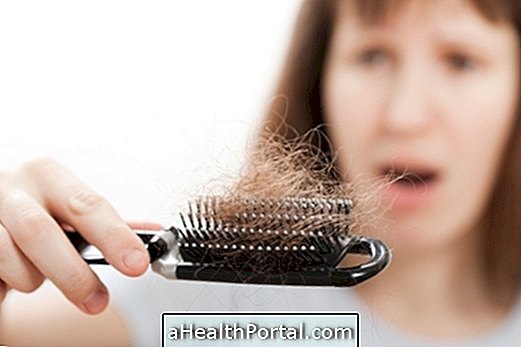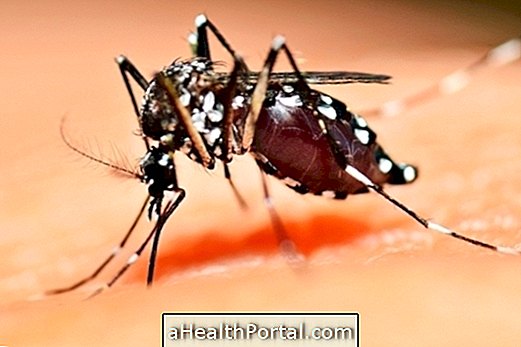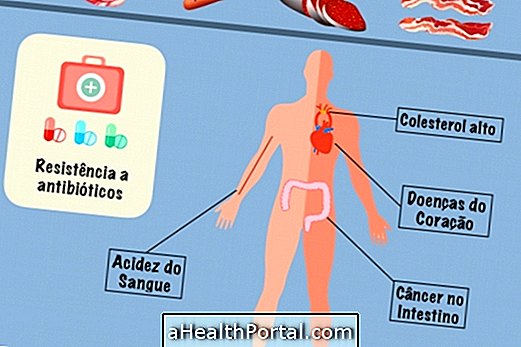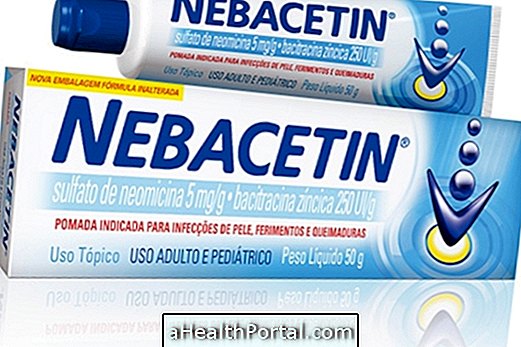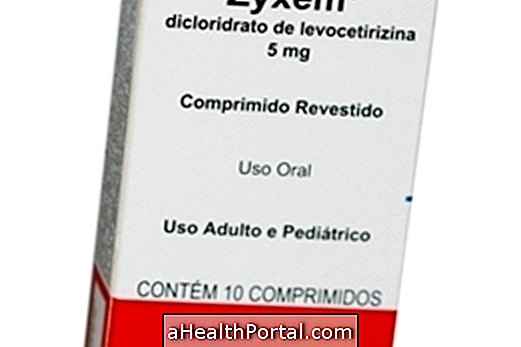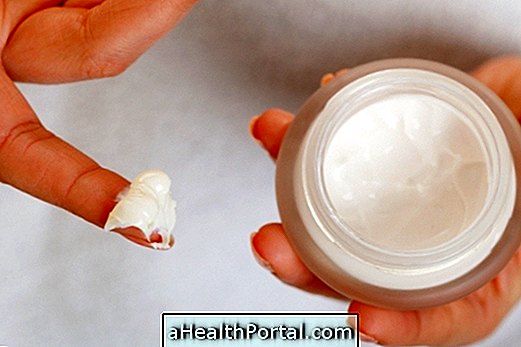Poor fish odor syndrome, also called trimethylaminuria, is characterized by a strong smell similar to fish in body secretions such as sweat, saliva, urine and vaginal secretions.
Measures like frequent bathing, changing clothes throughout the day and using strong perfumes do not always help to improve the smell, since the treatment of this disease is done mainly through the diet, avoiding the consumption of foods like fish and eggs.
Symptoms
The only symptom of this disease is the smell of fish exhaled by the body, mainly through sweat and breath, but there can also be bad smell in urine and vaginal secretions.
This smell still occurs in childhood, when the child stops being breastfed and starts to eat normal, and aggravates during adolescence, especially during menstruation, and may also worsen with the use of contraceptives.
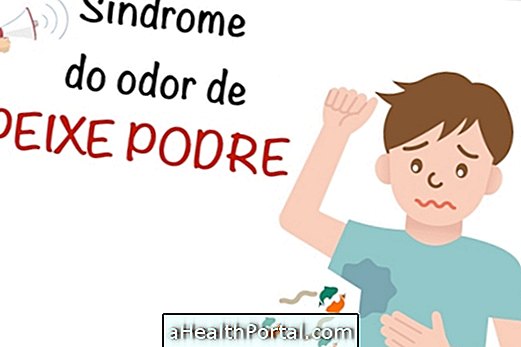
Causes
Fish odor syndrome is a rare genetic disease that mainly affects women and is caused by the lack of a compound in the body that digests trimethylamine, a nutrient that is present in foods like fish, shellfish, liver, pea and egg yolk.
Remedies that can cause bad body odor
Although fish odor is primarily due to genetic alterations, some healthy people may also develop this symptom when taking medicines that cause the accumulation of trimethylamine, such as tamoxifen, ketoconazole, sulindac, benzidamine and rosuvastatin.
In addition, during the menstrual period or due to stress, fever, increased intestinal flora, excessive consumption of fish or problems in the liver or kidneys, people without the syndrome may also have this bad smell.
Diagnosis
The diagnosis of fish odor syndrome is made by examining blood or by scraping the mucosa of the mouth, in which a large swab is passed on the inside of the patient's cheek and sent for analysis.
Treatment
This syndrome has no cure and its treatment is done to control and diminish bad smell by reducing the consumption of foods that increase this symptom, such as the nutrient rich in choline, which are fish, shellfish, meat, liver, peas, beans, soybeans, dried fruits, egg yolks, kale, cauliflower, brussels sprouts and broccoli. See the amount of choline in food.
However, it is important to remember that pregnant women should not restrict these foods from the diet as the bad smell improves at this stage of life and fish and the foods that should be avoided in this disease are essential for the development of the fetal nervous system.
In addition, antibiotics may also be used to control the intestinal flora, which is responsible for the fish odor. Other tips to counteract the smell are to use soaps with pH between 5.5 and 6.5, goat's milk soap, skin creams with pH around 5.0, wash clothes frequently and take activated charcoal tablets, according to medical recommendation.
To relieve the smell, see also How to treat the smell of sweat.

